There are quite a few “theories” (what the middle classes call gossip nowadays) about why Jennifer Lopez and Ben Affleck have sundered their union for a second time. Personally, I’m of the entirely uninformed opinion that one of the contributing factors may have been that Jennifer Lopez – like many a celeb – has her own alcohol line, launched last year with a suitably up-itself press release. “Delola world-class spirit-based ready-to-enjoy cocktails designed for a thoughtful lifestyle coming to the finest establishments.”
When the touter is teetotal, regular celebrity greed starts to look like something more malign
Perhaps Lopez might have been a bit more “thoughtful” about the fact that her erstwhile husband is an alcoholic — three times rehabbed. His father was also an alcoholic and, for a few years, homeless. At sixteen, Affleck saw his father enter rehab, where he remained for over a decade.
It’s this kind of thing that makes Lopez look false and out of touch. Despite her much-touted Jenny-from-the-blockness, she has seen a drastic downturn in her career, with a tour canceled so that she can take “time off to be with her children, family, and close friends” (and perhaps also her agent, accountant, and that person she employs to hold out their hand when she wants to spit up some chewing gum) and the massive failure of what Variety dubbed “a self-financed $20 million three-part multimedia project examining Lopez’s life as a serial romantic.” Her drinks line adds to this feeling of next-level phoniness; in the past, she has stated that she never touches alcohol as “it wrecks your skin.” But those $20 million vanity projects don’t pay for themselves — and celebrity hooch lines are big business.
More than 150 stars of show business and sports now have their own alcohol brands, with whisky and tequila making up around half. Some of them make perfect sense; Rod Stewart’s Scotch, Ricky Gervais’s vodka, and Dr. Dre/Snoop Dogg’s “Gin & Juice” blend. You can easily imagine these fun-loving slebs drinking their creations. In 2017 George Clooney sold the tequila company he co-founded four years before to Diageo for $1 billion; again, he’s on record as being a boozer, to the point that even Brad Pitt allegedly found it hard to keep up with him. But when a famous touter of booze is a clean-liver with a clean liver, the prospect gets murkier. For example, I find the idea of Emma Watson’s gin hilarious — and now no less than Beyoncé has launched a whisky called “SirDavis,” which is allegedly named after her great-grandfather Davis Hogue, a Texas bootlegger during Prohibition. Quoth the beauteous one: “I’ve always been drawn to the power and confidence I feel when drinking quality whisky and wanted to invite more people to experience that feeling. When I discovered that my great-grandfather had been a moonshine man, it felt like my love for whisky was fated. SirDavis is a way for me to pay homage to him, uniting us through a new shared legacy.”
It’s telling that the whisky — which costs a whopping £79 a bottle — is produced by Moët Hennessy, the wine and spirits division of LVMH, whose chairman Bernard Arnault said of it: “SirDavis is not only a revelatory and exceptional American whisky, which we are very proud of. It is also a testament of the unwavering dedication to craftsmanship, heritage, and innovation shared by LVMH and Beyoncé Knowles-Carter.” LVMH is a French multinational conglomerate that specializes in luxury goods such as Tiffany, Tag Heuer, Princess Yachts and — somewhat strangely, considering her po-faced principles — Stella McCartney. Not to mention Dior, which last month was linked to sweatshop labor, all the while boasting of the “craftsmanship” which supposedly justifies its outrageous price tags.
And there’s the rub with the whole celebrity liquor racket — behind the pretty bottles and gluten-free glow, it’s just another example of the rich getting richer. At least the likes of Beyoncé drink alcohol in their actual real lives — though I imagine the ghost of “SirDavis” shaking his head at Queen Bey, who recently posted a photograph of a $7,000 bottle of 1979 Chateau Petrus she had enjoyed on social media. As one wag responded: “If I’m paying 7,000 dollars for wine, it better be from the same batch Jesus made from water at that wedding in Galilee.”
But when the touter is teetotal, regular celebrity greed starts to look like something more malign. For me, the worst element of the “Blakelash” taking place against the actress Blake Lively (currently being called out as a tone-deaf diva after a varying range of ill behaviors came to light) is the way she used the publicity campaign for her new film about domestic violence, It Ends With Us, to plug her merch. Considering that alcohol is involved in so much wife-beating, it seems incredible that a post on social media advertises recipes for cocktails “inspired by the film,” not just using Lively’s canned cocktails line but, in one case, a gin brand owned by her husband Ryan Reynolds. Furthermore, Lively is a notorious non-drinker (a “Dipsocrite,” perhaps?) who, when challenged over her “Betty Booze” brand, reacted with an icky combination of bluster and self-righteousness: “Because that’s what hosts do. We make something for everyone — and not usually ourselves. Wait, I’m describing moms now…”
Of course, the most expensive hooch will ruin your health just the way the cheapest will, if you drink too much of it. But there can be no doubt that the underprivileged are affected by over-using alcohol in a way that the privileged are not, from Hogarth’s “Gin Lane” to Scott-Heron’s “The Bottle.” There are rich and/or famous big drinkers, but it’s not like it used to be — there are no Burtons and Taylors, no Fitzgeralds and Hemingways. “I was a functioning alcoholic,” Taylor Swift trills merrily in her song “Fortnight” — by which I take it she means an extra glass of rosé with dinner at the end of her tour.
Growing up in the English working class (my dad actually worked in a distillery) and becoming a journalist before I was old enough to vote, I don’t find it surprising that I have been a boozehound for half a century. But now — partly due to losing my front teeth while drunk and partly because in this, my sixty-fifth year, my drinking has brought me to the attention of both the paramedics and the police — I’ve just started on a course of medication which I very much hope will moderate it. I’d be the last person on earth to condemn people who enjoy drinking. But in the phenomenon of extremely rich and privileged teetotalers pushing prettily packaged poison to the paying public, we can see a truly repulsive example of late capitalism. And of course, it’s coming from people who like to present themselves as caring and socially aware individuals — which leaves a nasty taste in the mouth that no amount of world-class ready-to-enjoy cocktails can wash away.
This article was originally published on The Spectator’s UK website.



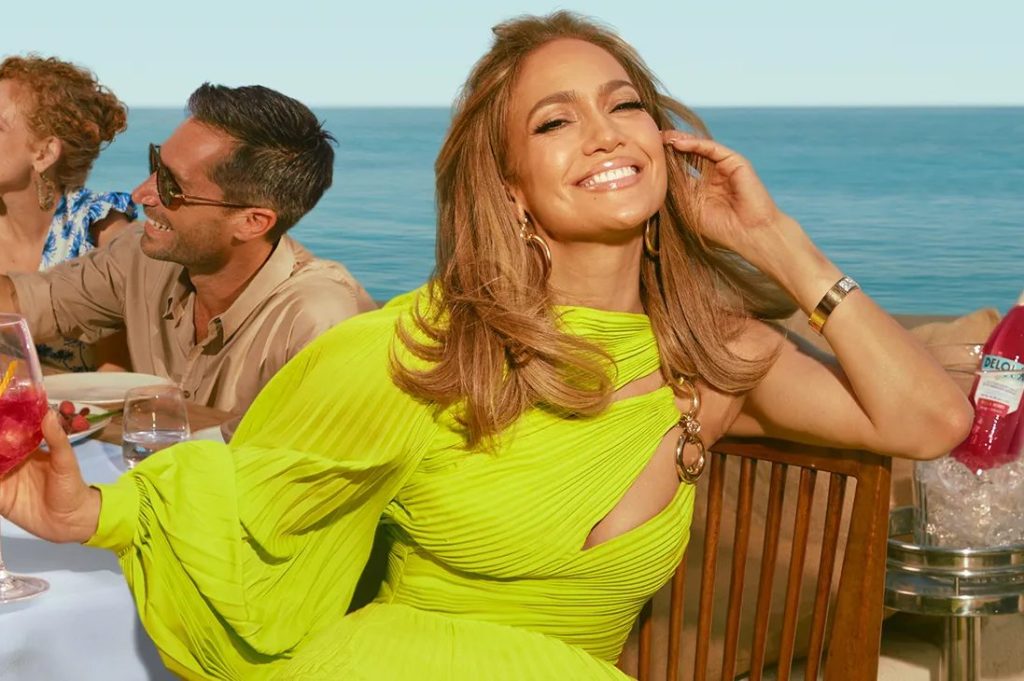








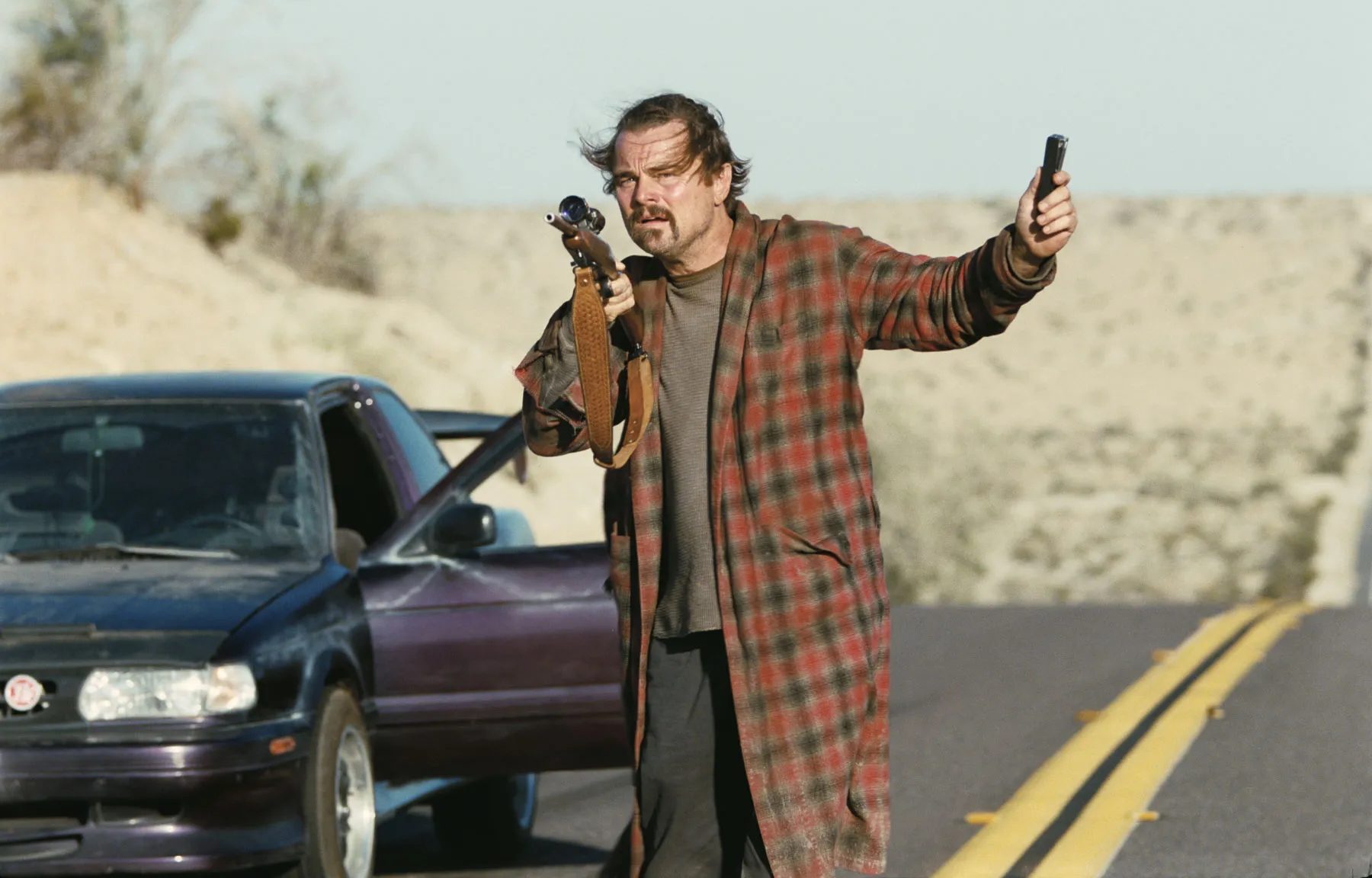
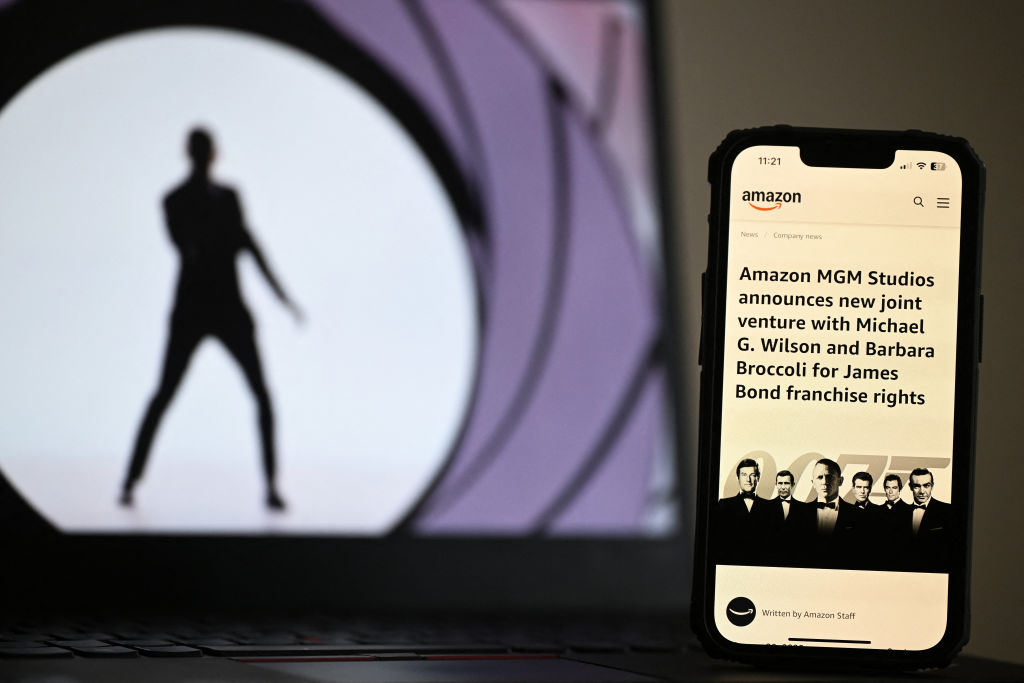
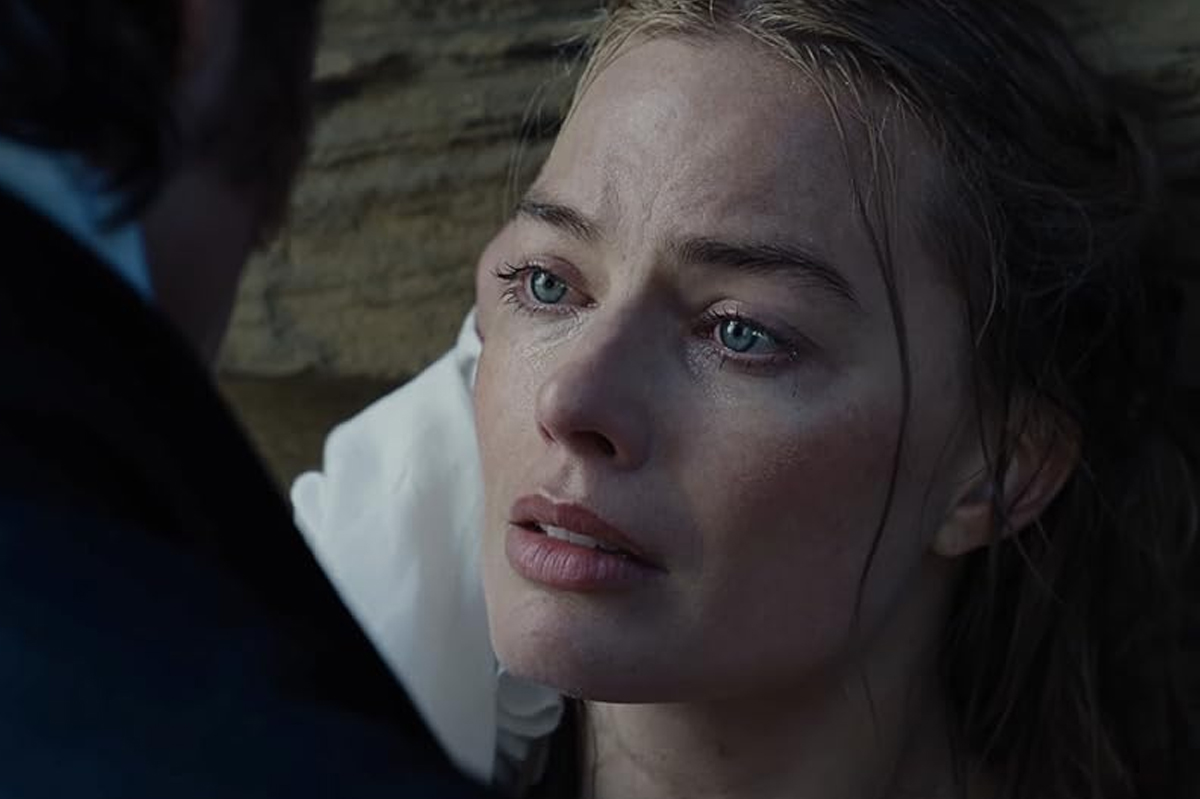

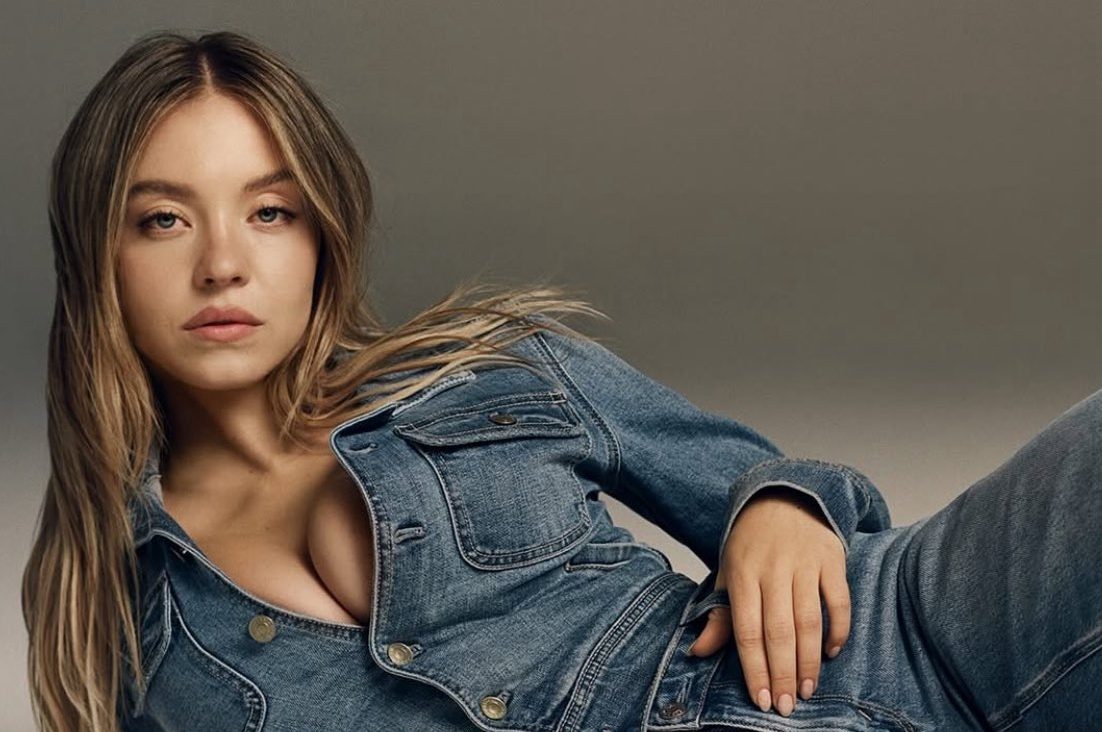







Leave a Reply